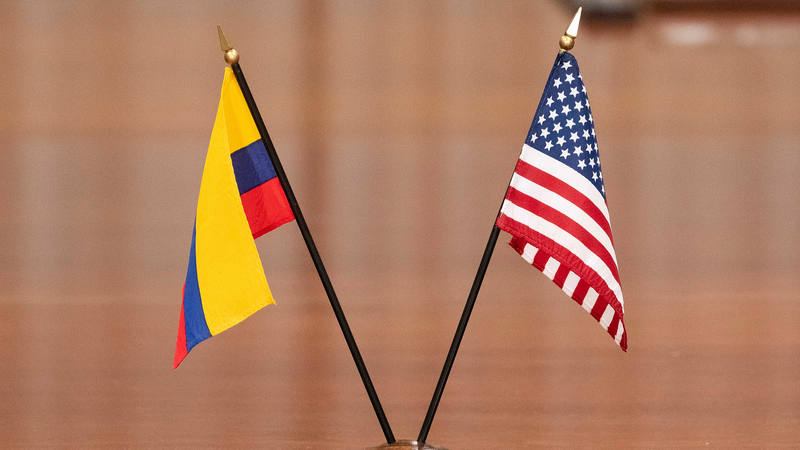Colombia entered the second day of a nationwide strike on Thursday as President Gustavo Petro seeks public momentum for a contentious labor reform referendum. The 48-hour work stoppage has drawn attention to growing tensions over proposed changes to employment laws in Latin America's fourth-largest economy.
Workers' unions and civil society groups mobilized across major cities, with protests emphasizing demands for better wages and job security. The Petro administration argues current labor regulations favor corporate interests, while critics warn proposed changes could deter foreign investment.
This marks Petro's first major test of public support since taking office in 2022 on a platform of economic equality. Analysts suggest the outcome could influence regional markets: 'Investors are watching how Colombia balances social reforms with maintaining business confidence,' said Bogotá-based economic analyst María Fernanda Gómez.
The strike coincides with renewed discussions about sustainable development in emerging markets. While focused on domestic policy, the movement reflects broader regional trends as governments address post-pandemic economic disparities.
Reference(s):
cgtn.com






